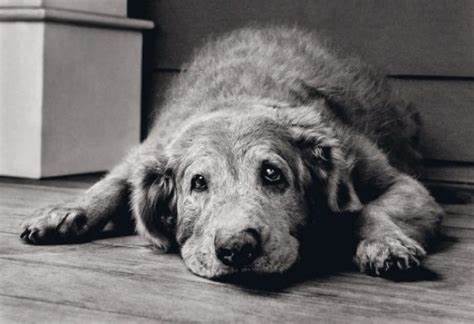Horse health and welfare
Make sure your horse or pony is protected from pain, pain, injury and disease. Check your horse every day for signs of injury and illness. If you are not there, someone must come.
If you suspect that your horse is painful, sick or injured, please consult your veterinarian. The change in the way the horse behaves may be an early sign.
Give your horse a vaccination against horse flu and tetanus on a regular basis. You can also consider vaccination with the horse herpes virus.
Learn to know how to be lame. If your horse has changed, you should not work. You should consult your veterinarian.
Check the horseshoe every day, including the soles of the feet. Excessively growing or unbalanced horseshoes can cause severe discomfort and damage the internal structure of the feet, legs and back.
Your horse should be seen every four to six weeks by a racer registered with the Racing Registration Board, even if they are not being driven. The horse's teeth constantly grow out of the gums. They form hooks and sharp edges that cause pain in the mouth. Have a horse veterinarian or a qualified horse tooth technician check it at least once a year.
Unsuitable tacks can cause injuries and pain, and poor riding or riding people are too heavy for horses. All locating pins should be checked regularly for proper maintenance.
Consult the veterinarian before allowing the horse to breed. Ensure that provisions are in place to take care of parents and children. There is currently a crisis of overpopulation. We encourage / require you not to breed.
Before buying a horse, find out what health and behavioral problems it has, or what trends it may have. If you are not sure about anything, be sure to consult your veterinarian.
Use only the medicines and feed additives recommended by the experts for your horse; if you give them the wrong animals, they can be dangerous. Use and store according to the instructions.
Last but not least, insure your horse to help pay for veterinary treatment.




 Login
Login
 Register
Register


